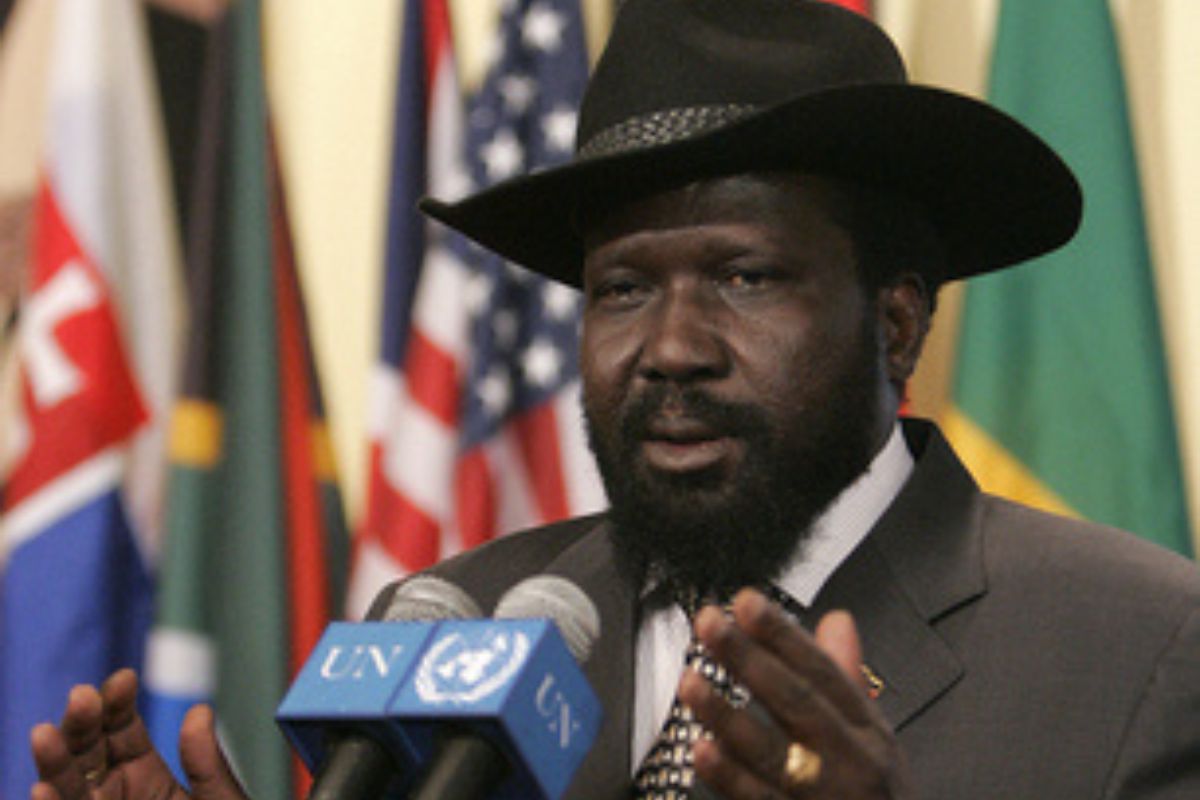
Quick exit in Juba: South Sudan’s President Kiir sacks finance minister after two months in office
Salva Kiir has fired yet another finance minister, the eight change in five years – a sign of power struggle in South Sudan’s economy.

South Sudan’s revolving door of finance ministers has turned again. President Salva Kiir Mayardit has dismissed Athian Diing Athian, just two months after he was appointed to head the Ministry of Finance and Planning.
According to Reuters, this marks the eighth finance minister change since 2020, a record that reveals just how fragile South Sudan’s financial leadership has become.
The dismissal, announced on state television, came without explanation. Analysts, however, say the move is part of Kiir’s ongoing power reshuffle, aimed at keeping control over a ministry that handles oil revenues – the lifeline of South Sudan’s struggling economy.
The finance minister’s short-lived tenure
Athian Diing Athian took office in September 2025, promising to stabilise the country’s economy and manage debts that have ballooned since independence. Two months later, he’s out.
His replacement, Barnaba Bak Chol, previously served in the same role and now returns to face record inflation, unpaid public workers, and a collapsing currency.
South Sudan has seen eight finance ministers in just five years. The frequent reshuffles have crippled economic policy and discouraged foreign investors.
Each new appointment restarts negotiations with global lenders, slowing progress on debt relief and national budgeting.
The money problem
South Sudan’s economy depends on oil exports, but production has declined amid conflict, corruption, and pipeline disruptions. Inflation has climbed above 40 percent, with civil servants and soldiers waiting months for salaries. According to Radio Tamazuj, the latest reshuffle has reignited concerns that reforms will stall again.
Political analysts in Juba believe President Kiir’s decision reflects deeper power struggles inside his ruling party. By rotating key ministers, he limits rival factions from gaining control of revenue streams.
It’s a strategy critics say keeps loyalty high, but progress slow.
What lies ahead for South Sudan citizens
For ordinary South Sudanese, this shuffle means more uncertainty. With prices of essentials like maize flour and fuel rising daily, every delay in financial planning hits homes hardest.
Citizens are calling for consistent leadership, transparency, and the political will to rebuild trust.
South Sudan’s economic recovery depends on steady hands, not revolving chairs. Leadership must now mean stability, not survival.
